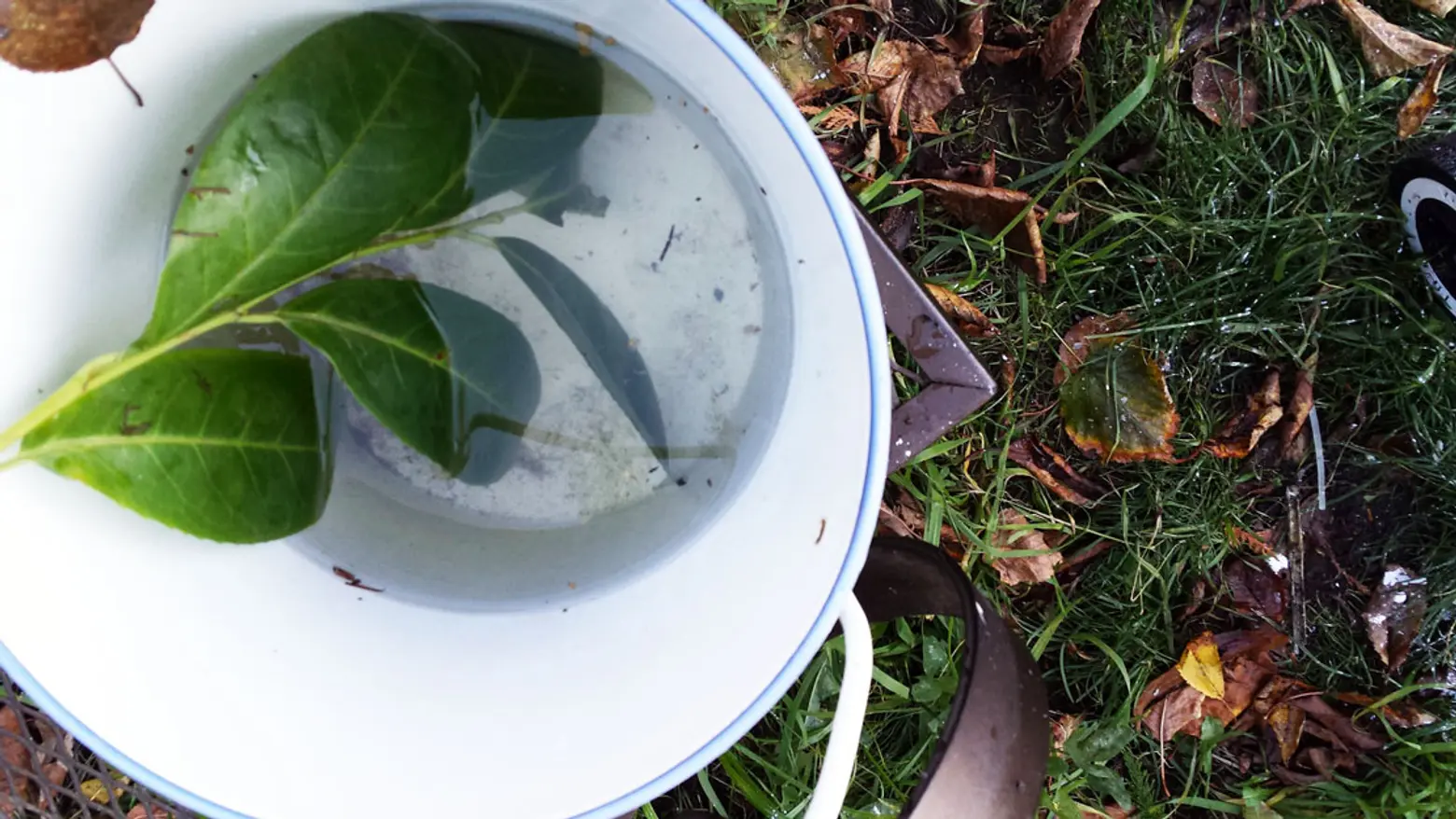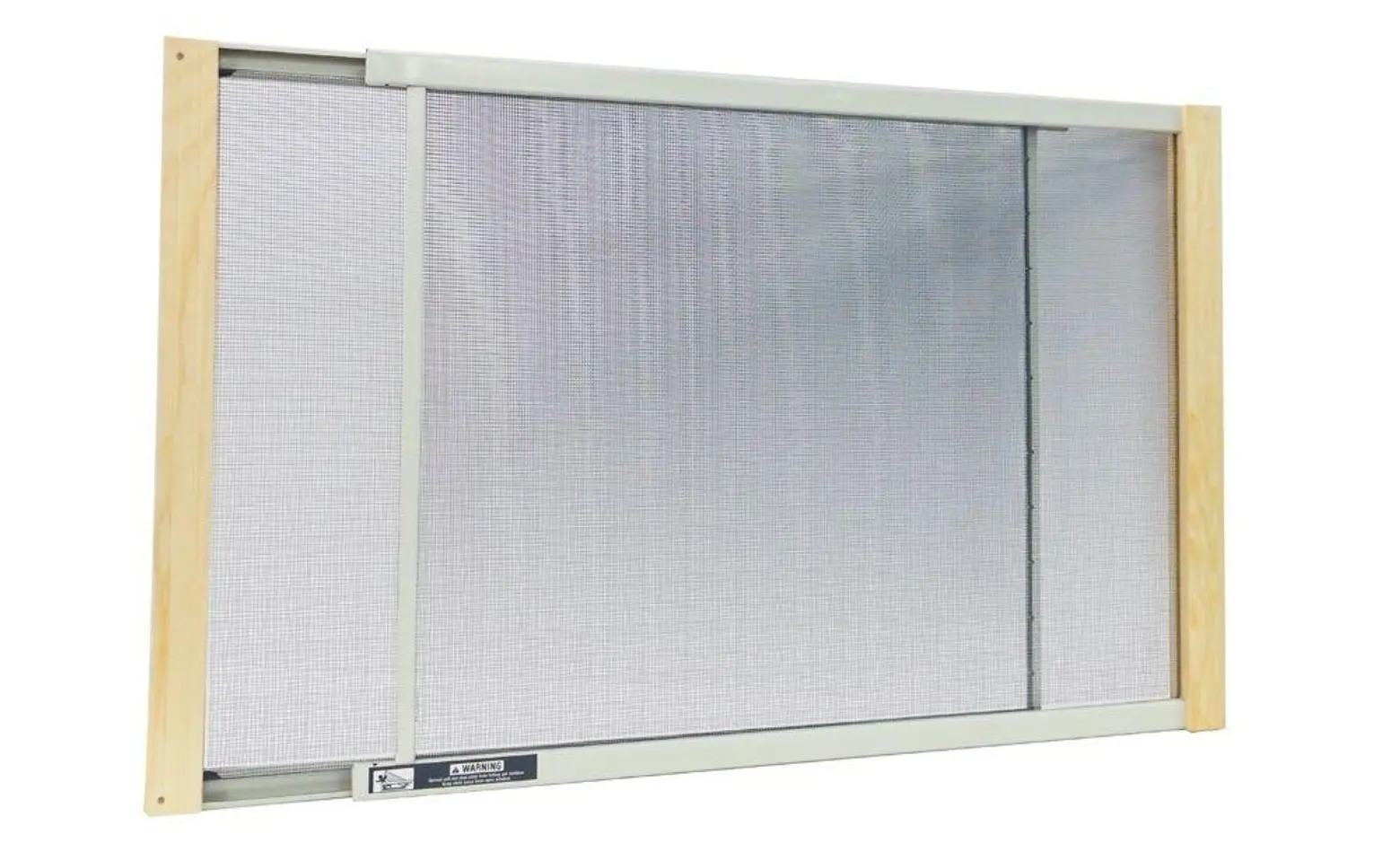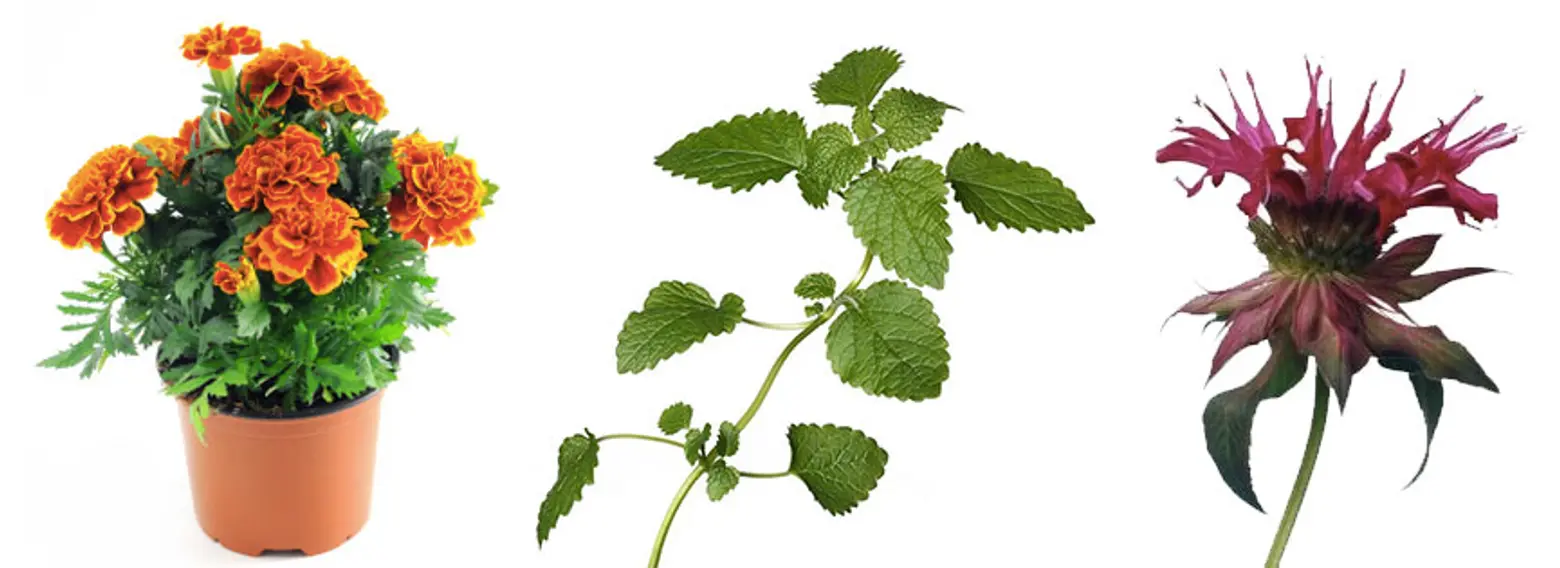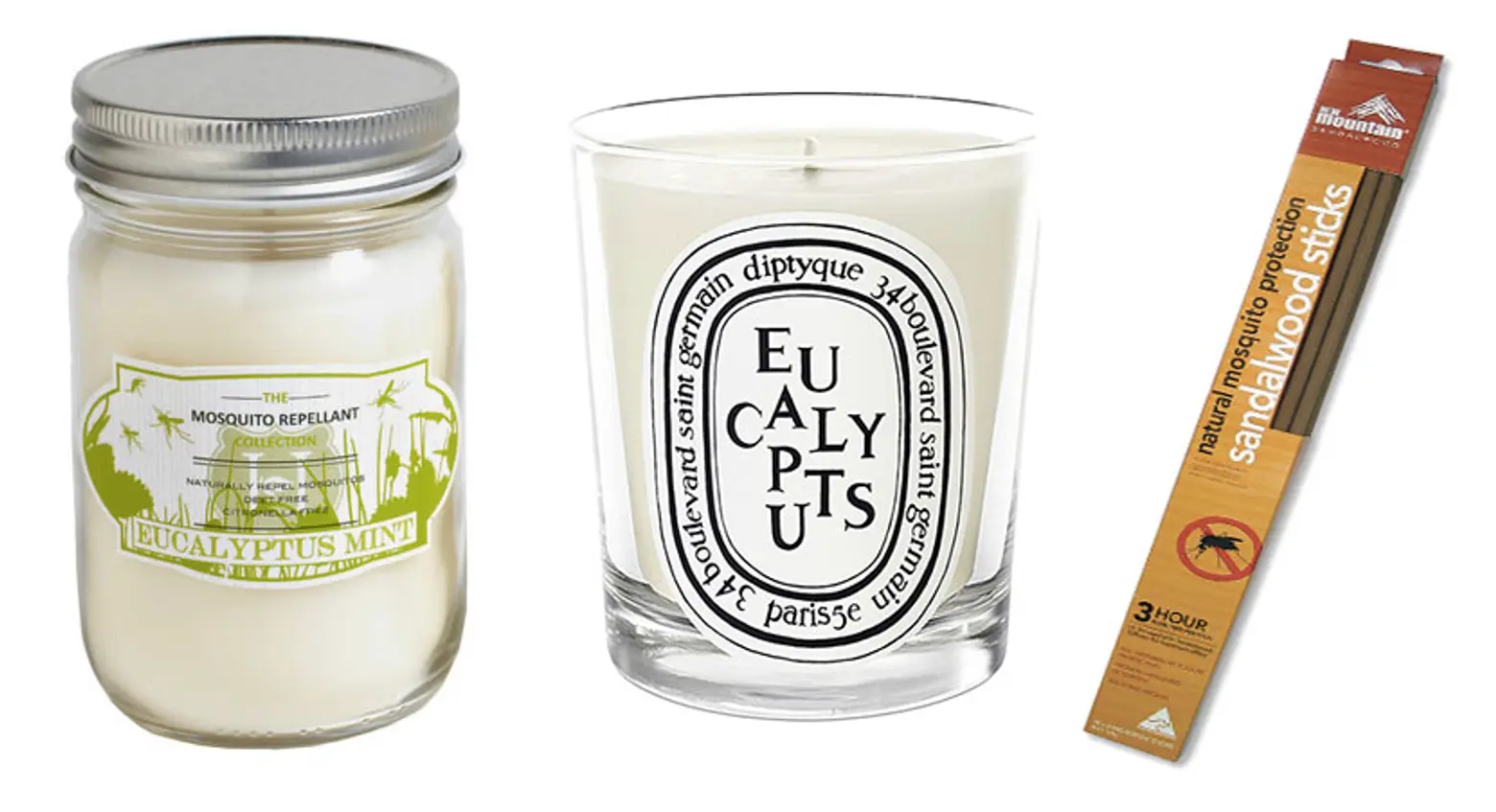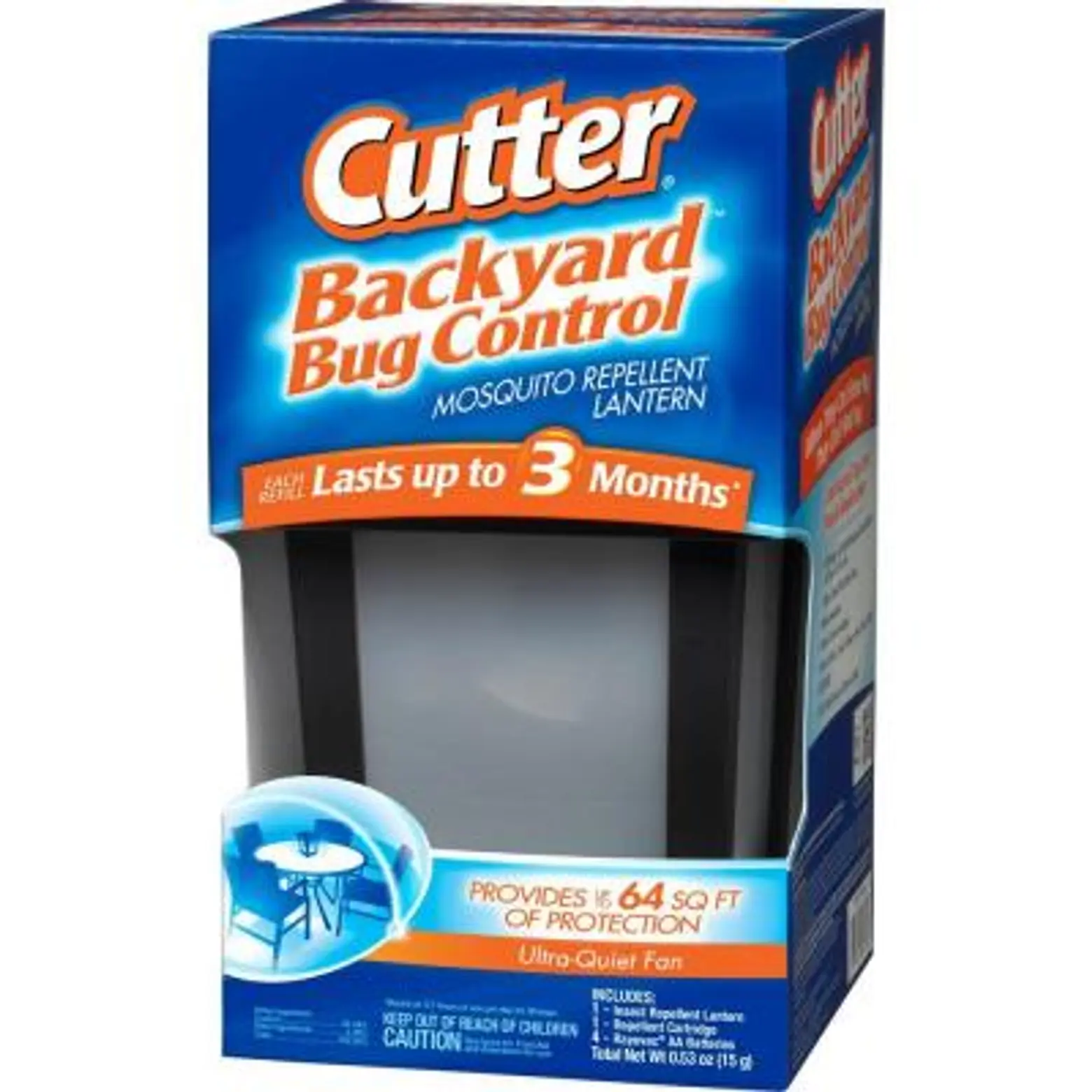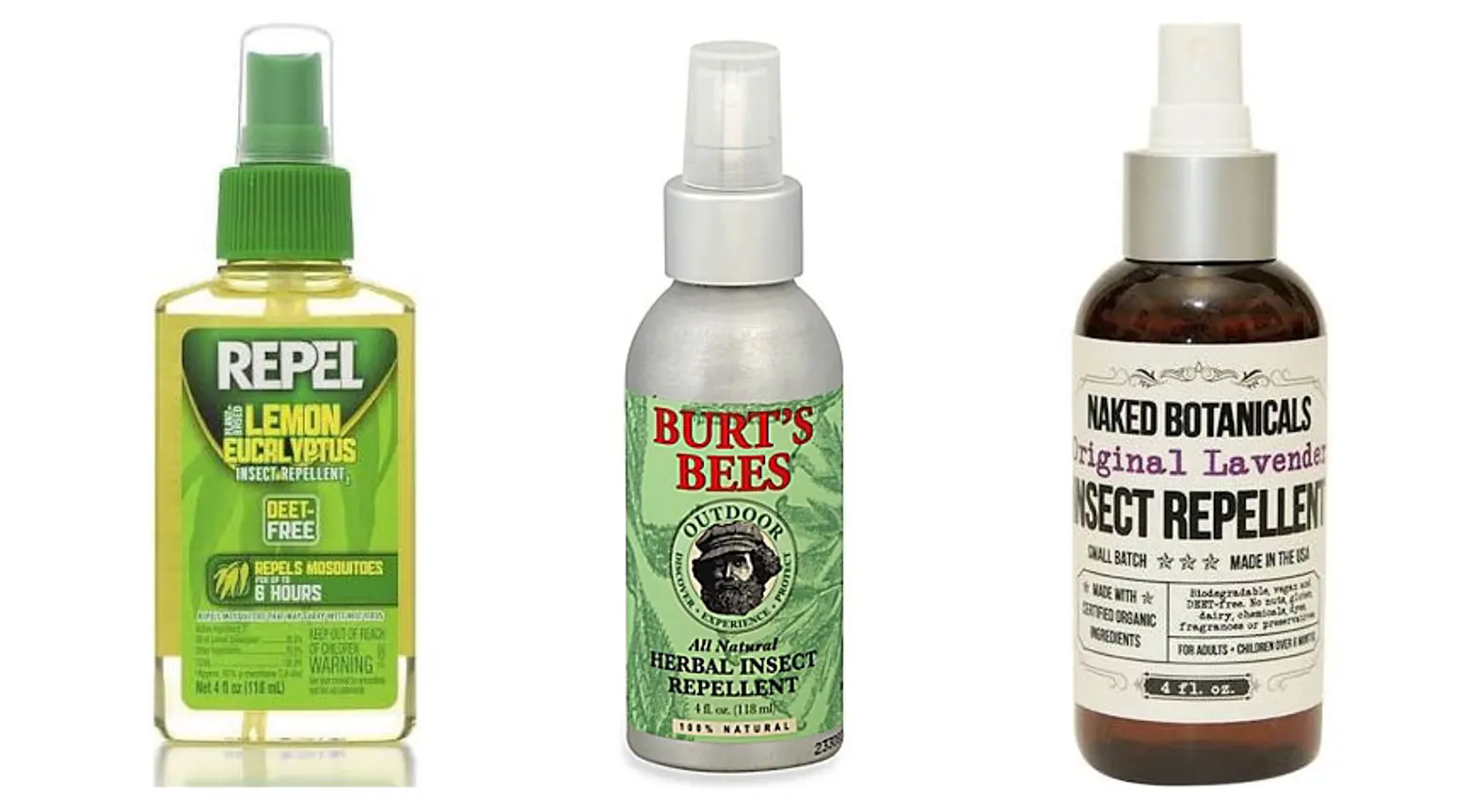Get Rid of Mosquitoes and Stop Bites This Summer With These Simple Tips
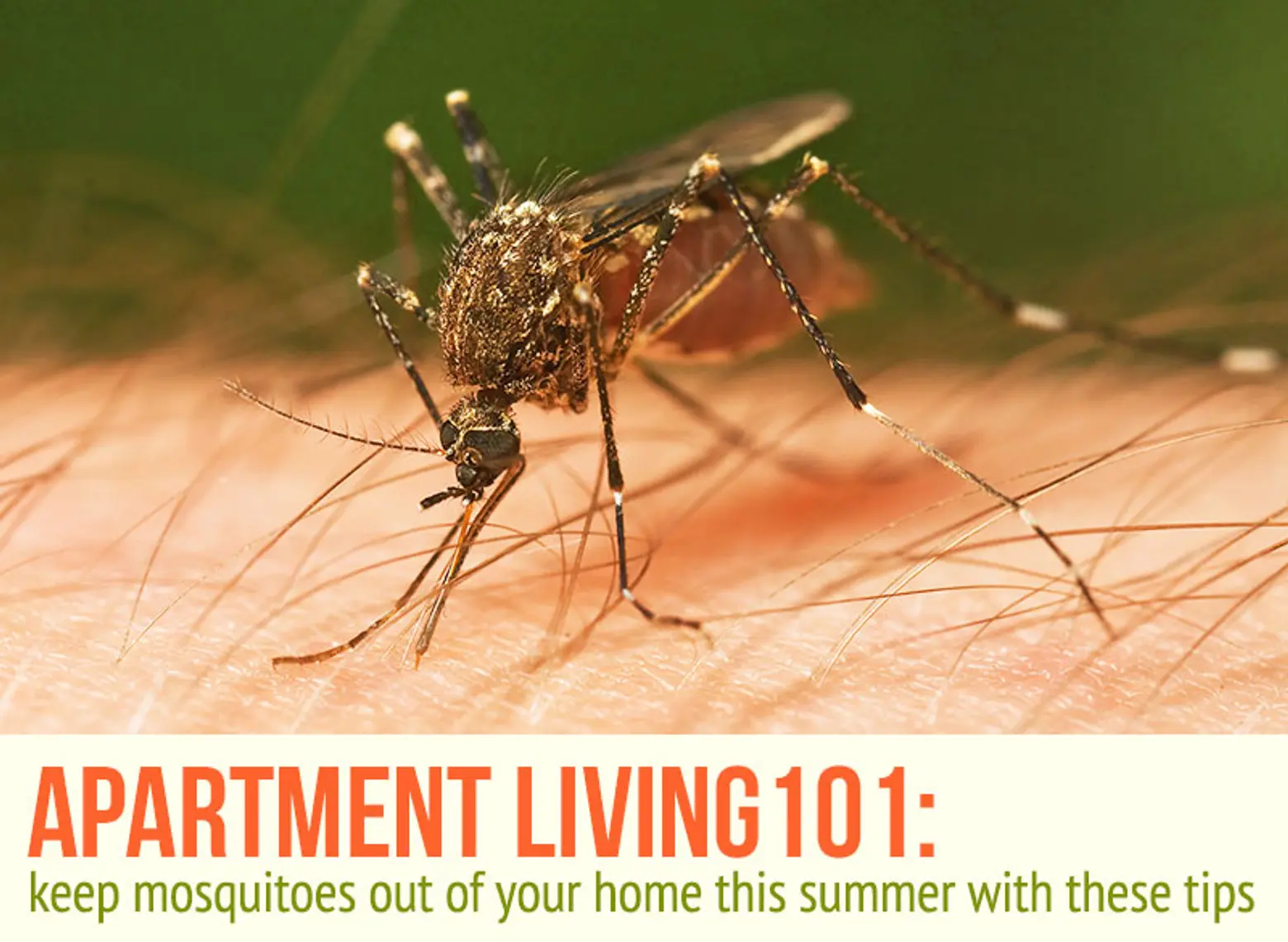
6sqft’s series Apartment Living 101 is aimed at helping New Yorkers navigate the challenges of creating a happy home in the big city. This week we’ve rounded up tips on how to get rid of and deal with mosquitoes this summer.
New York’s hot and humid summers bring all sorts of agony, but the bites of unrelenting mosquitoes may be the worst of all. While in past years these buzzers haven’t been much more than a itchy nuisance, this year, the Zika virus has everyone on high alert. In February, the World Health Organization declared the virus a threat to public health across the globe. To date, no vaccine exists.
As of June 8th, there have been 133 cases of Zika reported in NYC. However, the species of mosquito spreading Zika (the Aedes aegypti) has not yet been spotted in the city and all cases caught the virus while abroad. Nonetheless, with a potential threat looming, the city has launched a campaign to get New Yorkers to do their part, which includes tips on how to prevent the mosquito population from propagating. Ahead we’ll cover some of the same ground, on top of other tips to keep mosquitoes from entering your home and attacking your body—because any way you look at it, mosquito bites are no fun!

IN AND AROUND THE HOUSE
Lawn and Garden Sprays
If you’re one of the lucky few to have a yard, it’s not too late to treat your lawn, planters or other green space. Bug control solutions like those made by Cutter work wonders and will also kill off fleas, ticks and other insects. The spray will last up to 12 weeks and is also safe for use if you have pets, just keep them off and away from areas that you’ve sprayed until they are completely dry. However, do not spray this on anything you plan on eating later. To keep mosquitoes off edibles, use neem oil, which is 100-percent natural and acts as a repellent rather than an insecticide. Neem is easily found in stores or on Amazon.
The city is also doing some spraying of their own. You can track what neighborhoods they’re hitting on their Mosquito Spraying Events page.
Eliminate Standing Water ↑
Make sure that there is no standing water around your property. Mosquitoes look for still or slow moving water to lay their eggs. If you see any standing water around your neighborhood that looks suspicious, you can reach out to 311 and file a complaint. The city will respond by investigating the situation.
Screens ↑
Screens are one of the simplest and cheapest way to deal with bugs. Adjustable screens like these here can be purchased in just about any size online and in any hardware store in the city.
Plants ↑
Certain plants can act as deterrents, including, but are not limited to, lemon balm, lemongrass, citronella, lavender, marigolds, catnip, horsemint, basil and bee balm. These plants give off a heavy scent, masking carbon dioxide (the primary way a mosquito detects its victim) and making it difficult for mosquitoes to find humans. Place a few of these plants in or near windows and doors.
Candles and Incense ↑
Citronella is probably the most common deterrent found in candle-form, but if you can’t stand the scent, there are plenty of more pleasant-smelling options on the market. While they’re not quite the $7 a pop Off! kind, they will do the job. Dyptique for example makes a Eucalyptus Candle ($62) that, according to Khloe Kardashian, works wonders. Cheaper alternatives include an eucalyptus-mint rendition from Hillhouse Naturals ($21) and Sandalwood Mosquito Sticks incense ($16) from Chinaberry, which gives off a lovely woodsy fragrance and is great inside and outside the home.
Thermacell Repellents ↑
Thermacell is a new cordless, butane-powered device that creates a 15- by 15-foot zone of protection that repels mosquitoes. The heat generated by the butane cartridge is directed to a metal grill that activates a mat saturated with repellent called alelethrin—a synthetic copy of a natural repellent found in chrysanthemum plants. The heat also disperses the repellent from the mat into the air, creating the zone of protection.
Lanterns ↑
Lanterns, like this one from Cutter available at Home Depot, use battery-power and a fan to spread a repellent that masks exhaled carbon dioxide. According to its maker, the lantern provides 64-square-feet of protection and lasts up to three months.
YOUR BODY
Body Sprays, Lotions, Oils
There’s no denying that DEET-based repellents are champions in the battle with mosquitoes. Developed by U.S. Army in 1946, DEET has been extensively tested for safety and effectiveness and is EPA registered. The level of effectiveness of DEET depends on its concentration and a 10-percent solution will provide about two hours of protection, while controlled-release “micro-encapsulated” formulas of 30- to 34-percent can provide protection between 11-12 hours—the latter is best used if you’re camping in the woods and need defense against ticks.
Unsurprisingly, many find the heavy chemical smell of DEET off-putting—although it is completely safe (“Based on the available toxicology data, the Agency believes that the normal use of DEET does not present a health concern to the general U.S. population,” the EPA writes). Those looking for a repellent of comparable effectiveness should consider picaridin, a synthetic compound created by Bayer in the ’80s. Studies show that picaridin is as effective as DEET, but unlike DEET, it has no odor and is also non-greasy. However, note that picaridin is too a chemical—a relatively new one at that—and it is not yet clear if there are any long-term health risks associated with it. The EPA has broadly stated that the normal use of picaridin should not present a health concern. Picaridin protects up to eight hours at 20-percent concentration (the max available at this time).
If you want to avoid chemicals completely, there are plenty of natural alternatives on the market. Natural plant oils such as citronella, lemongrass and eucalyptus are popular, and even big brands such as Burt’s Bee now sell natural repellents at common retailers like Duane Reade and Bed Bath & Beyond. The only downside to natural oils is that their effectiveness is just a fraction of their chemical counterparts, lasting at most for two hours. Avon’s Skin So Soft for example has gained fame as a less offensive, more natural repellent, however, its effects will wear off in about 30 minutes after application. If you’re going all-natural, you will need to reapply often.
Also know that repellents advertised as “plant-based” and “botanical” are technically chemicals (registered with the EPA as IR3535), synthesized in a lab from plant oils. As such, these provide longer lasting protection—up to six hours with formulas with a concentration of 30-percent.
*NOTE: If you are applying one of the above, do so to exposed skin. Applying repellent under your clothes won’t do you any good!
Wear Light Clothing ↑
With humidity and heat creating oftentimes unbearable conditions in the summer, wearing pants and long sleeves to avoid bites just isn’t going to happen. However, you can deter some mosquitoes by opting to wear lighter colors. Mosquitoes see dark colors much better and are therefore drawn to them. With that said, staying away from shaded, heavily vegetated areas will also help, as these are environments where mosquitoes like to rest.
Avoid These Foods ↑
Mosquitoes are drawn to those who consume a lot of potassium, salt and lactic acid—all of which are secreted through our skin and sweat glands. Salty and potassium-rich foods like bananas, avocados, potatoes, spinach and dried fruit are heavy in the aforementioned. However, if you’re not interested in employing dietary restrictions, that’s also fine. Studies have shown that genetics account for about 85-percent of our attractiveness to mosquitoes (Type-O blood types also have it especially rough), which means the fates of many have already been sealed. Instead, use one of the above-mentioned tips over avoiding summer’s fruitful bounty.
+++
RELATED:
